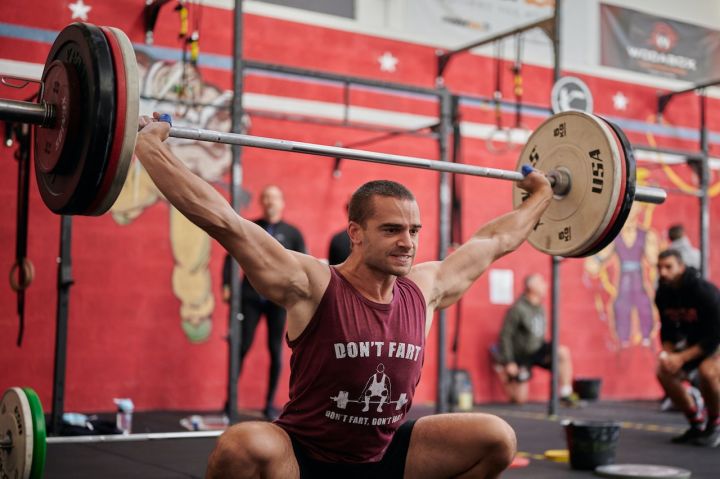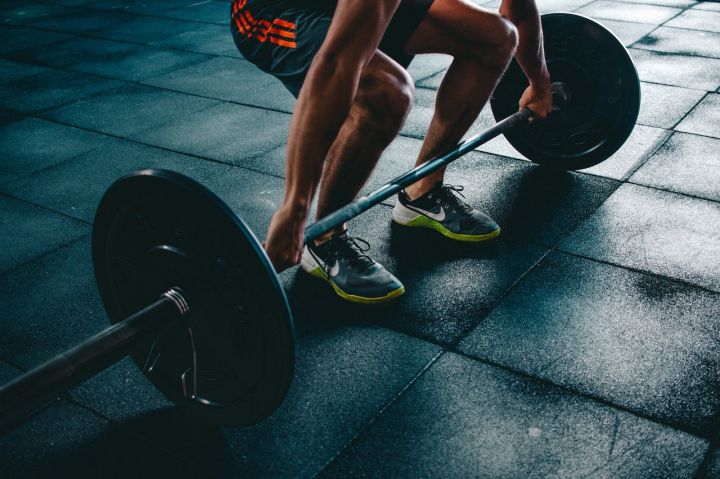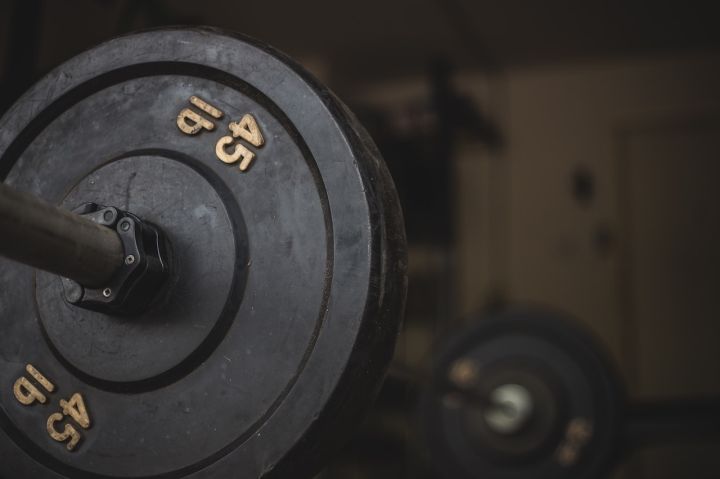No matter what gym you're in, there's almost always a wait for the bench press and chest press on monday nights because monday is "International chest day".

It seems to be an ironclad rule and everyone defaults to training one muscle at a time to get the strongest pump and build the wildest muscles.
80% of gym goers basically have the following muscle building plan: Chest on monday, back on tuesday, shoulders on wednesday, legs on thursday, arms on friday, cardio on saturday and rest on the weekend, and i followed this plan for a year or two before i started working out.
However, now i recommend training each muscle at least twice a week, which of course obviously conflicts with the training methods of professional bodybuilders.

For example, in one study where researchers surveyed 127 competitive bodybuilders, the results showed that 7 out of 10 people worked each muscle once a week and the rest worked it twice a week.
We know that bodybuilders are some of the most muscular people on the planet, so why do they only work out their muscles once a week when i recommend at least twice?
Firstly, we need to consider the drug factor.

In the research survey i mentioned above, almost 80% of the participants claimed to have used anabolic steroids. And they can still admit it. If i also used drugs and knew that being found out would certainly be troublesome, then i certainly wouldn't tell anyone about them in a survey.
But even relatively low doses of steroids can lead to considerable muscle growth.
Secondly, we need to consider genetics.

Genes also have a big impact on our ability to build muscle strength; for example, in one study, researchers analysed the results of 56 young men who trained. They performed strength training five times a week for 12 weeks and the results showed a difference in muscle growth of up to almost four times.
Thus, if a person has a significant 'muscle growth gene', he can have better training results than many ordinary people, even if his training and nutrition are poor. However, if a person is a 'low responder', even if he uses the 'best' plan and diet, he may not achieve the same results as a high responder.
Because there are so many factors that affect a person's overall muscle development, you should not blindly copy that person's training methods.
Why is high frequency training more suitable for natural trainers?

Firstly, at a micro level, the main driver behind muscle growth is muscle protein synthesis, and it is the accumulation of new muscle protein synthesis that makes your muscles bigger and bigger.
Muscle protein synthesis improves at the end of a strength training session but returns to normal levels after a few days. Furthermore, some studies have shown that causing more damage to your muscles does not seem to mean that the improvement in muscle protein synthesis will last longer.

In other words, there is a limit to the amount of muscle stimulation that can occur during each workout, and when you go beyond a certain amount, the effect on muscle stimulation stops or even regresses.
In other words, when you work each muscle only once a week like a professional bodybuilder, the muscle may "Grow" Within a few days. But you wait a week before training that muscle again, which means you may have missed the opportunity to stimulate additional muscle growth.
Secondly, from a practical training point of view, a higher frequency of training leads to higher quality sets and therefore a higher total training volume. Thus, when your total training volume is increased, more training volume means that your muscles can grow even more.





